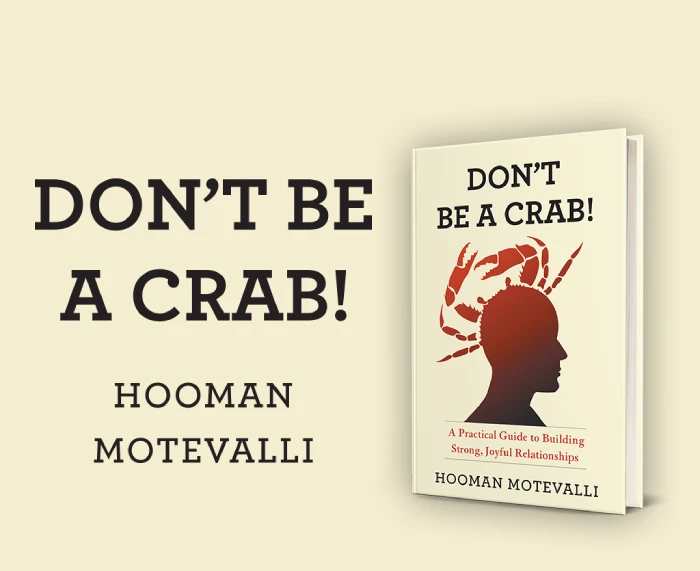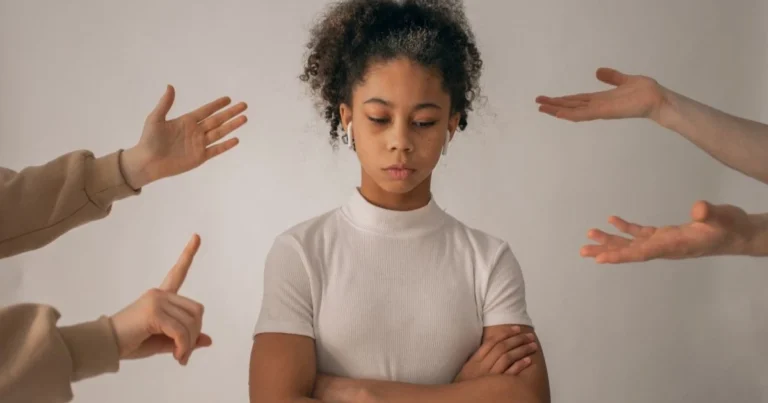What makes a relationship work, truly?
Falling in love, being infatuated, building intimacy, being committed, experiencing heartbreak, disappointment, hurt, anger, and pain—then wondering where it all went wrong and what you could have done to prevent it.
Does any of this sound familiar? Whether with a partner, a close friend, or family, we’ve all been in a relationship that lost its attraction and quality.
Despite all of that, you still crave relationships. It’s not your fault.
Relationships give us comfort, love, and happiness. They allow us to connect with others on a deeper level and create memories—creating a sense of belonging and purpose. They are also necessary for your mental, emotional, and physical health.
Many people end their relationships without even knowing why. They know something is wrong somewhere, but they can’t seem to point to it—the repressed feelings and emotions that lie beneath the surface of their awareness can’t figure it out.
In today’s world, everybody seems to have an opinion on what it takes to make a relationship work, from how to find the right person for yourself to how to keep your marriage to how to build relationships—providing quick fixes to many relationship problems.
However, many times, these opinions do not fully solve the problem. Why? Because there are deeper issues at work, boiling beneath the surface, neglected and unaddressed.
Building strong and healthy relationships is more than just following advice or tips; some underlying relationship facts need to be recognized and dealt with—these relationship facts will give you beyond-the-surface insights into how relationships work and what you should expect in one.
There are relationship facts that, when neglected, can cost your marriage or even destroy your healthy, stable relationships. In this article, you’ll discover the hidden relationship facts driving forces behind building and sustaining healthy and meaningful relationships.
Without further ado, here are five relationship facts for a happy relationship:
Your Partner Is Not Perfect
I want you to think about the last relationship you had. Did you think it was going to end when it started? Would you have thought that after merging your hearts and going through many ordeals together, you would end up disappointed?
No, right.
Most times, when people get into a relationship, they think it’s the end of their relationship story—this is their last bus stop. Whatever they were looking for in a relationship, be it love, fulfillment, security, support, friendship, or intimacy, they believed they’d found it, and it would never leave.
So what happens when that person no longer meets your expectations? It’s no wonder why, after some time, your feelings for that person start to fade slowly. You begin to see each other’s flaws and imperfections.
But you see, relationships in reality are not like those you see in the movies or on social media, where everything seems to be perfect. A relationship is a process, a constantly shifting dynamic model. People change, circumstances change, and as a result, relationships change—and this is the first relationship fact you have to know.
Accepting that expecting perfection from them is an unfair desire is the first step toward making your relationship work. It’s important to note that you and your partner are human beings, constantly evolving, learning from mistakes, and growing as individuals.
Be willing to accept responsibility, embrace changes, and work through challenges rather than bask in the comfort of your expectations.
Don’t Expect Too Much

This is a dicey relationship fact. When you expect too much from a relationship, you set yourself up for disaster. By setting your expectations too low to avoid disappointment, you’re also limiting your expectations of your partner, which can also be dangerous.
What do you do then?
Expectations in relationships can be good or bad—in life, the greater your expectations, the greater the goals you aim to achieve. In a relationship, this can be complementary and damaging, especially when one doesn’t meet the expectations.
This does not mean you should set your expectations too low because doing this will leave you resentful and sad, knowing you can get higher standards from your partner. Instead, it’s not settling for mediocrity; it’s knowing the limits of what your partner can do and acknowledging their capabilities as human beings.
Your partner can make you happy, but expecting them to make you happy all the time is unthinkable and over the top. Expecting your partner to pick up your call every time you call them is unrealistic. Relying solely on your partner to satisfy your emotional needs puts undue pressure on the relationship.
Remember that your partner also has their own life to live—they have their interests, ambitions, and love language that might differ from yours. While it’s important to have expectations in a relationship, remember to keep them in check and as realistic as possible when setting them.
Relationships Get Boring
One of the most glaring yet uncommon relationship facts is that relationships get boring. Whether it’s on a honeymoon with your newlywed fiancee or with a new exciting friend you just had a party with, becoming bored with them is a real problem.
Sometimes, it’s because of the very thing in them that attracted them to us—perhaps it’s the way they smile, laugh, talk, and do something—that, in time, become the things that irritate you.
The relationship fact is that your partner, family member, or friend probably hasn’t changed, and neither have you. The things in them that attracted you to them are still there; it’s just that you don’t notice them anymore because they’ve become normal to you. The things you notice about them are now the boring stuff.
Like most people, you might start to look for excitement in someone else, but that’s unlikely to happen. The boring cycle would repeat itself if you didn’t understand this relationship fact—no single person can satisfy all your needs.
You have the power to change the quality of the relationship you have with your partner, even if it eventually changes. Focus on the things you loved about them at first sight. Appreciate them and express your gratitude for being a part of their world.
Be the fun in the relationship!
Love Is Not All You Need

Perhaps the hardest relationship fact to accept is that love is not all that matters. It’s not easy to love someone—to find them beautiful, loving, charming, fun to be around, be their happy place, laugh at their jokes, be vulnerable, and share their burdens with you.
Much more than some people assume love to be; love is more than feeling a strong connection with someone. Love is demanding—it’s living for you and your partner, and knowing everything you do now affects them too.
Don’t get me wrong. Love is powerful; without it, no relationship would work. No matter how it is, it’s needed. But thinking it’s all you need is setting yourself up for disappointment because what happens when things don’t go according to plan? What happens when love stops working?
You need patience for those painful moments when your plans don’t go your way and you’re angry. You need to be able to agree and disagree without causing fights. You need to be able to listen and resist the urge to find faults in your partner. You need trust, respect, and compassion.
You need the courage to keep trying when love fails.
It Is A Big Deal
A simple exercise: I want you to think of that one time your friend, family, or partner did something to you and told you, “It’s not a big deal.” How did it turn out? I bet it was a big deal.
Most times in relationships, there’s a tendency for you to nudge off your partner’s feelings over something you’ve done that’s hurt them because you think it’s not a big deal. You think they’re overreacting and need to take a chill.
People react differently to things, and you have to accept their response to whatever they do; feelings of being upset or disappointed in you are valid. When you dismiss them, these small feelings compound until you can’t keep them in anymore.
When someone dismisses our feelings or downplays our concerns, it can ruin our trust in them. Even the little things have the power to compromise trust and comfort in a relationship.
Don’t be defensive by trying to prove that it’s not a big deal; instead, acknowledge that you’re wrong. When you do something wrong, no matter how small, apologize for it. When you’re mad at each other, talk things out. Everything counts. Be intentional
Conclusion
Much has been said about the salient relationship facts that can make or break your relationships. You’ve learned that relationships are not the neatly scripted tales we see in movies or social media; they are dynamic, ever-evolving bodies between imperfect individuals.
The five relationship facts explored in this article remind us that the path to a healthy, meaningful connection is not always straightforward.
It’s essential to recognize that perfection is an unrealistic expectation for yourself and your partner. We must learn to embrace change, shoulder responsibility, and face challenges head-on rather than seeking solace in the comfort of unforeseen expectations.
If you want to learn more about relationship facts that overcome the dynamics of a relationship and can transform the relationships between lovers, friends, and families, check out my book “Don’t Be a Crab“.







